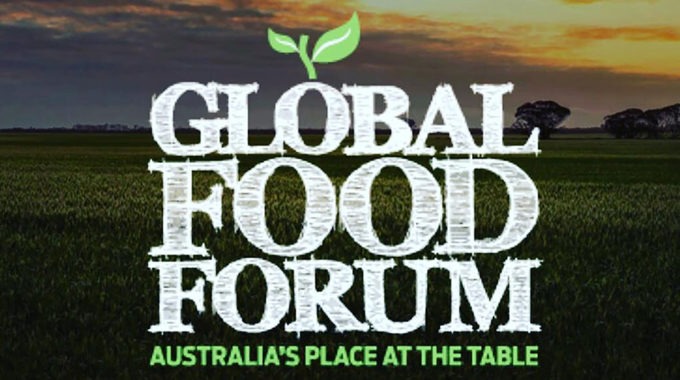Australia’s fava bean-led food future
The visual warm-up for the inevitably Zoomed Global Food Forum 2020 (hosted by The Australian) streamed images of empty supermarket shelves, denuded meat and milk cabinets and shopper queues. Add the drought and fire that beset our farmlands earlier this year and you have a scene set for conversations about food security, farmgate value-adds, food manufacturing innovation and export survival amid a turbulent sea of trade threats.
For two mornings, food industry financiers, analysts, agri-business players and a hat-full of actual farmers and food producers examined the sector’s headwinds and future hopes.
Inevitably, the conversation was led by Big Ag and its backers. Sponsor Anthony Pratt from Visy – whose cardboard boxes ship bananas and broccoli and so much more to the world – advocated strongly for food export expansion and diversification. He exhorted producers to claim the “Australia safe and sustainable” brand tag and embrace value-adding – a “bread not wheat” approach. His vision that “food will be the centrepiece of the COVID recovery phase” posits desirable glass-half-full positivity.

Coles’ chief Stephen Cain donned his red-logo’d polo shirt to reassure us that his team – which purchases 10 percent of Australia’s farm production – was reaching out more to assist farmers, particularly with sustainability enhancements. Think an all-weather roof for a cherry orchard and farm fence posts made from store-recycled plastic. He also noted a 20 percent increase in “cooking ingredient” sales since the onset of COVID-19, however, with all our iso-inspired bread and cake baking, that isn’t surprising.
There was talk of a “K-shaped” post-COVID recovery, code for there will be some winners and some losers. The good news is that Dr Michael Every from Rabobank includes farmers in his list of beneficiaries. This was a prevailing view of the forum, its pundits backing Australian producers for their aptitude and flexibility, and their advantage that Australian food supply is generally reliable, high-quality and of known and trusted provenance.
Current impacts have also triggered a “rush to rural”, with many city folk realising they can work remotely and take advantage of more affordable regional lives. Head of the National Farmers Federation and farmer Fiona Simson warned that there is a need for policy and investment to “catch the crest of the country wave” to incentivise food manufacture start-ups in regional centres. She also highlighted the need to add value to the farmgate.
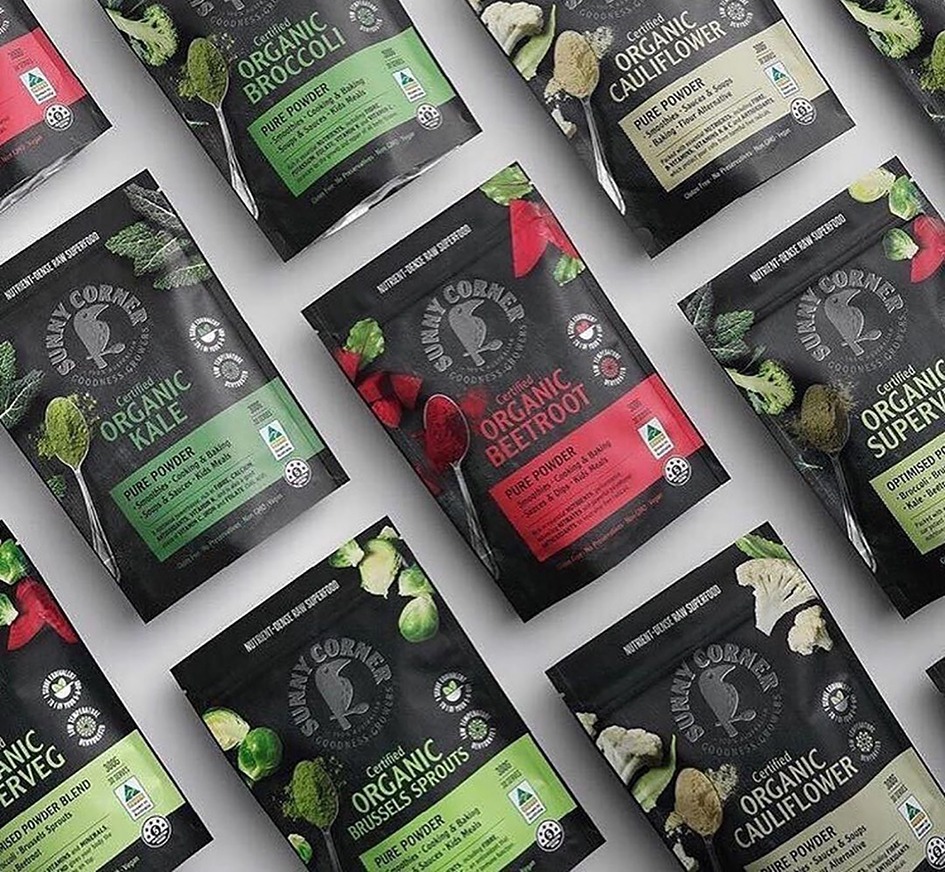
And this leads to talk about innovation. Farmers are entreated not just to grow bulk fava beans and chickpeas but also to engage in on-farm or near-farm food manufacturing and up-chain value-adding. Think chickpea flour, or vegetable powders like Sunny Corner’s range of organic, non-GMO, raw “superfood” powdered broccoli, kale and cauliflower.
Inevitably, the healthy opportunities were cast against fast food and convenience. Domino’s Pizza reported serious trading spikes (and order frequency increases) for all we stay-at-homes and announced a “concierge service” for pizza store car-park “direct-to-your-boot” pick-ups. Apparently, the biggest adopters of this are in Japan and Germany. The company is also investing heavily into robotics and AI to smooth operations, give their farm food suppliers more security and enhance profits.
Arnott’s reported a surge in soup sales and panic buying – presumably of comforters like Tim Tams and Iced VoVos – countermanded by decreased foodservice trade.
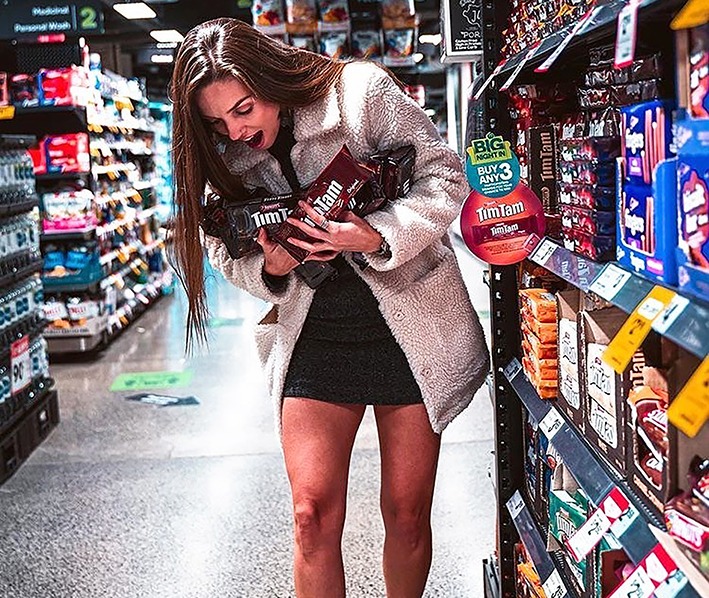
Alison Watkins, CEO of Coca Cola Amatil, echoed that suburban and regional sales were up and CBD sales down. Again, no surprises, as many city offices and their fridges have been sitting empty. Comfort food consumption and pantry staple shopping was noted, too, by Barry Irvin of Bega Cheese, which now owns Vegemite.
Watkins’ catch-cry, “Australia’s credentials as a safe food supplier matter”, was echoed by Australia’s olive sector supremo Rob McGavin. The CEO at Boundary Bend, Australia’s largest olive oil producer, hired 60 motor homes to safely distance the 2020 harvest crew. To house and feed them cost $1.7m – a significant investment in supply chain reliability.
McGavin’s view on the upside of the pandemic embraces the prevailing consumer response. More home cooking and a focus on provenance will ultimately lead to import replacement and deliver more Australian extra virgin olive oils sales.
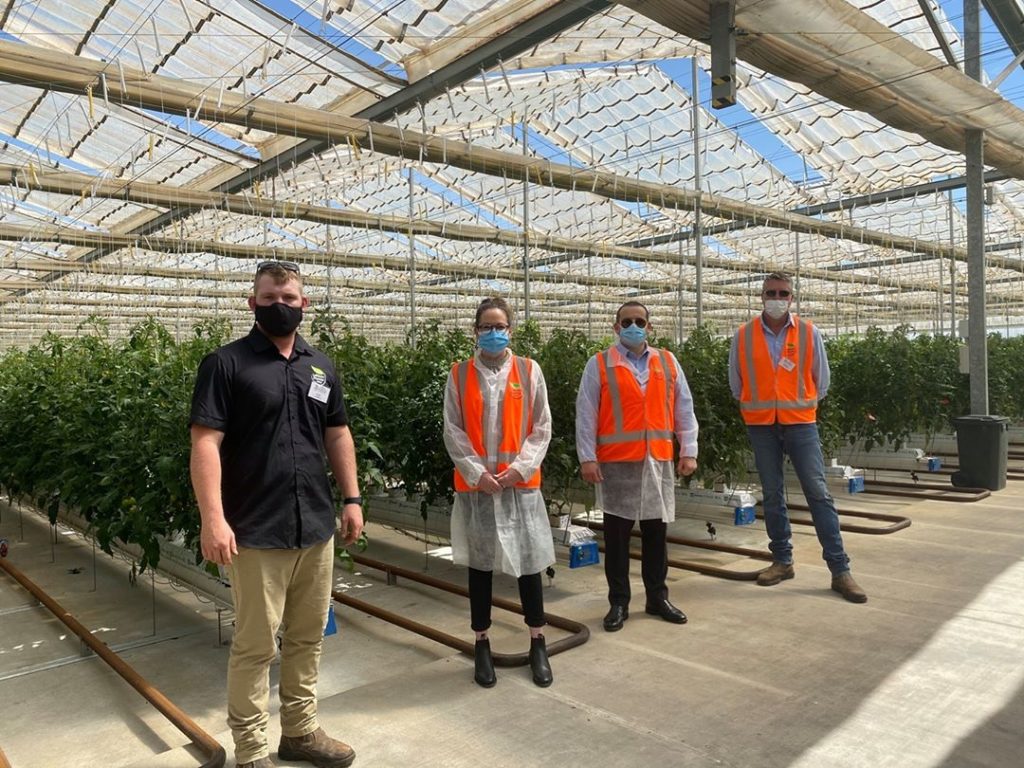
McGavin was just one of the only four Global Food Forum speakers who are actually primary producers. Other grounded paddock-to-plate perspectives were offered by Anthony Di Pietro, boss of the La Manna Premier Food Group, which has recently developed the first five-hectare stage of Lancaster Farms eventual 25-hectare retractable roofed hydroponic greenhouse in the Goulburn Valley.
According to Di Pietro, farming and food innovation needs “patient capital”, which he sees emanating from family enterprises like his own. He also sees horticulture underpinning regional communities. After all, nearly 90 percent of Australia’s farms are family-owned. So, it’s not always Big Ag and pension funds to the rescue, after all!
Alexandra Gartmann, CEO of Rural Bank, probably counts many of these family farms as her customers, and was also the only speaker to recognise the rise in popularity and patronage of Australia’s network of farmers’ markets that have continued to trade during COVID-19 as an essential food supply service. No milk or meat shortages have been reported to date from this vital link in the nation’s food chain.
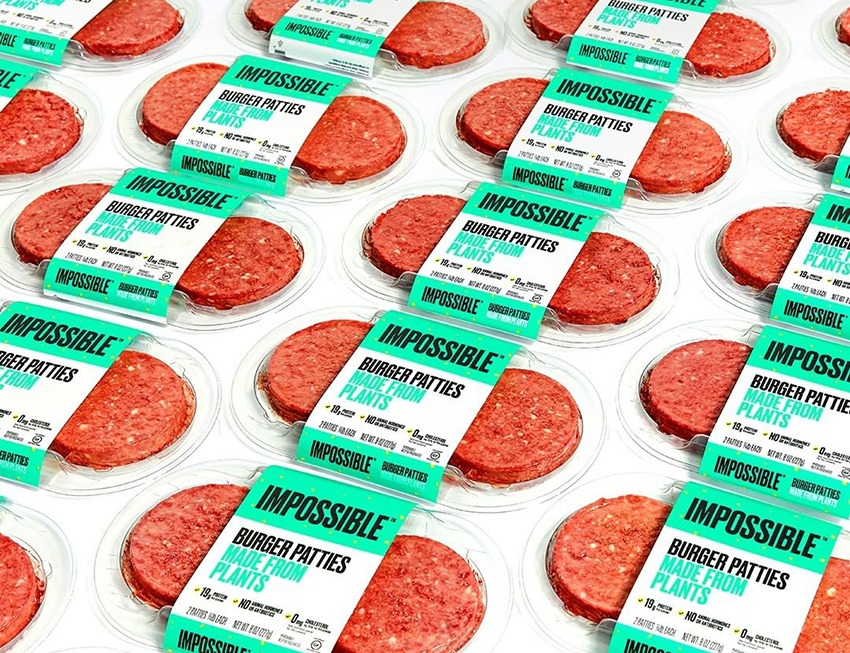
And then, dished up as the last course on day two was meat and fake meat, or as its innovators would prefer, “plant-based protein”. The global market for the latter is estimated to be worth $6 billion, and even has Bill Gates’ backing. Consumer research shows that the primary triggers for a shift from paddock-reared meats to grain-based lookalikes is taste, nutrition and sustainability, in that order.
Nick Halla of Impossible Foods, yet to launch mainstream in Australia but intending to target the fast food sector first, intends to deploy “culinary influencers” to encourage a try-and-buy of the company’s no-meat burger patties. His target? Committed vegans and vegetarians, flexitarians and meat-eaters with serious sustainability concerns.
If the impossible happens, Halla will need to check in with Fiona Simson on where to find the fava and chickpea growers.
Jane Adams was once a current affairs radio reporter, worked in newspapers and later freelanced as an occasional food writer and restaurant critic. She now operates a bespoke wine marketing consultancy. Over 20 years ago, she catalysed Australia’s farmers’ market movement and currently chairs the national association. She makes her own vinegar, nurtures fruit trees on her inner Sydney balcony and agists chickens on a mate’s vineyard.


